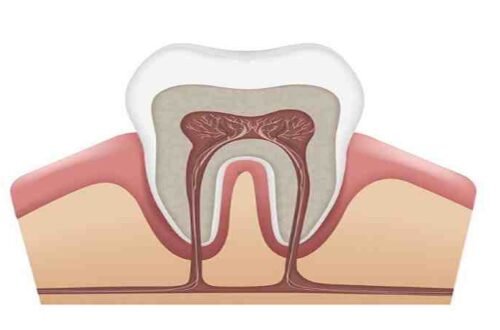Prostate cancer is caused by malignant cancer cells in the tissues of the prostate. It is usually a highly treatable and survivable disease. Many doctors recommend these clinically-tested treatment options:
Watchful Waiting and Active Surveillance
When prostate cancer is diagnosed in its early stages, your doctor may suggest watchful waiting. This involves closely monitoring the condition of the patient to watch for any changes or growth. Active surveillance involves regular testing such as digital rectal exams, prostate antigen (PSA) testing, transrectal ultrasounds, or needle biopsies to determine if the cancer is growing.
Surgery
If you are in good health and the cancer is contained in the prostate gland, your prostate cancer doctor may recommend surgery to remove the tumors. There are three surgical options:
- Pelvic Lymphadenectomy: Determines if cancer has spread to pelvic lymph nodes by removing the nodes and testing for cancer cells. If cancer is found, they will not remove the prostate but may recommend other treatment options.
- Radical Prostatectomy: Performed to remove the prostate, seminal vesicles, and any affected surrounding tissue. Adjacent lymph nodes may also be removed.
- Transurethral Resection of the Prostate (TURP): Designed to treat benign prostatic hypertrophy, a non-cancerous enlarged prostate that can cause difficulty with regular urination. It is sometimes used as an alternative to radical prostatectomy to relieve symptoms caused by a prostate tumor.
Radiation Therapy
Radiation therapy uses various radiation treatment methods to kill cancer cells and arrest growth. These methods might include external radiation therapy, internal radiation therapy, hypofractionated radiation therapy, or radiopharmaceutical therapy. Each option uses a specialized form of radiation to target cancer cells. If radiation is necessary, your doctor will determine which method is right for you based on the nature of your cancer and its growth.
Chemotherapy
Chemotherapy uses drugs designed to stop the growth of cancer cells by killing them or blocking their ability to divide. The drugs may be administered orally or intravenously. This treatment is often used when prostate cancer has spread to other parts of the body.
Hormone Therapy
Hormone therapy for prostate cancer is designed to block or remove the male sex hormones that are naturally produced in the human body. relies on testosterone to grow, so limiting this hormone’s production helps prevent the continued growth of cancer cells. Hormone therapy may be administered through medication or surgical procedures.
Immunotherapy
Immunotherapy is designed to attack cancer cells using the patient’s own immune system. Both lab-created and natural substances made by the body are utilized to boost the patient’s defenses against cancer growth. It is often recommended when hormone therapy is not working.
Targeted Therapy
Targeted therapy uses substances such as PARP inhibitors to block the enzyme that helps repair damaged DNA. This prevents cancer cells from repairing themselves, leading to cell death. These substances are designed to affect specific cancer cells while causing less harm to nearby healthy cells.
Consult with Your Prostate Cancer Doctor
If you have been diagnosed with , a prostate cancer doctor can determine which treatment or combination of treatments is right for you. They evaluate your current health condition, cancer stage, and treatment preferences when offering recommendations. The risk of prostate cancer increases with age, so scheduling regular screenings can help detect the disease before it spreads. Call a prostate doctor today to make an appointment.





